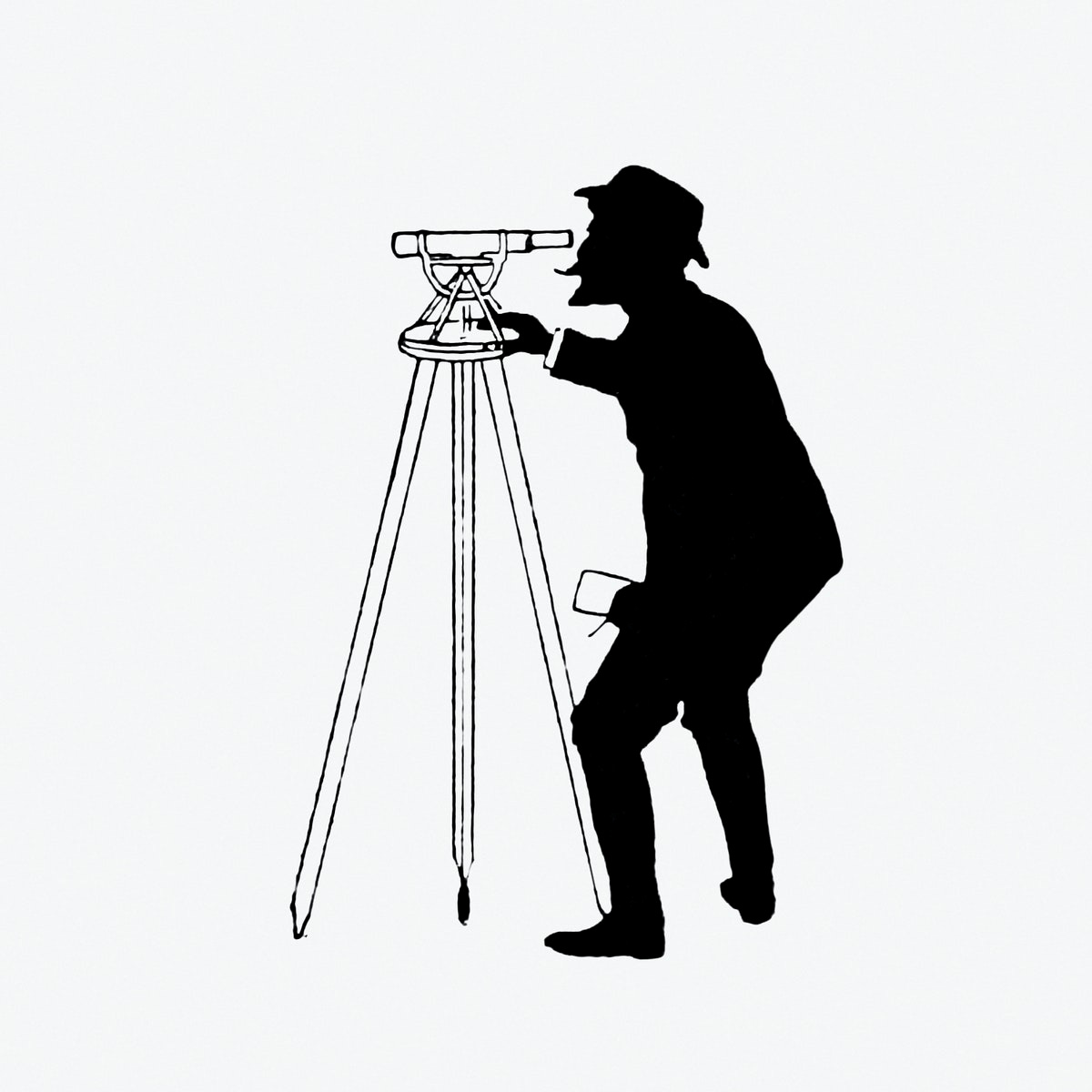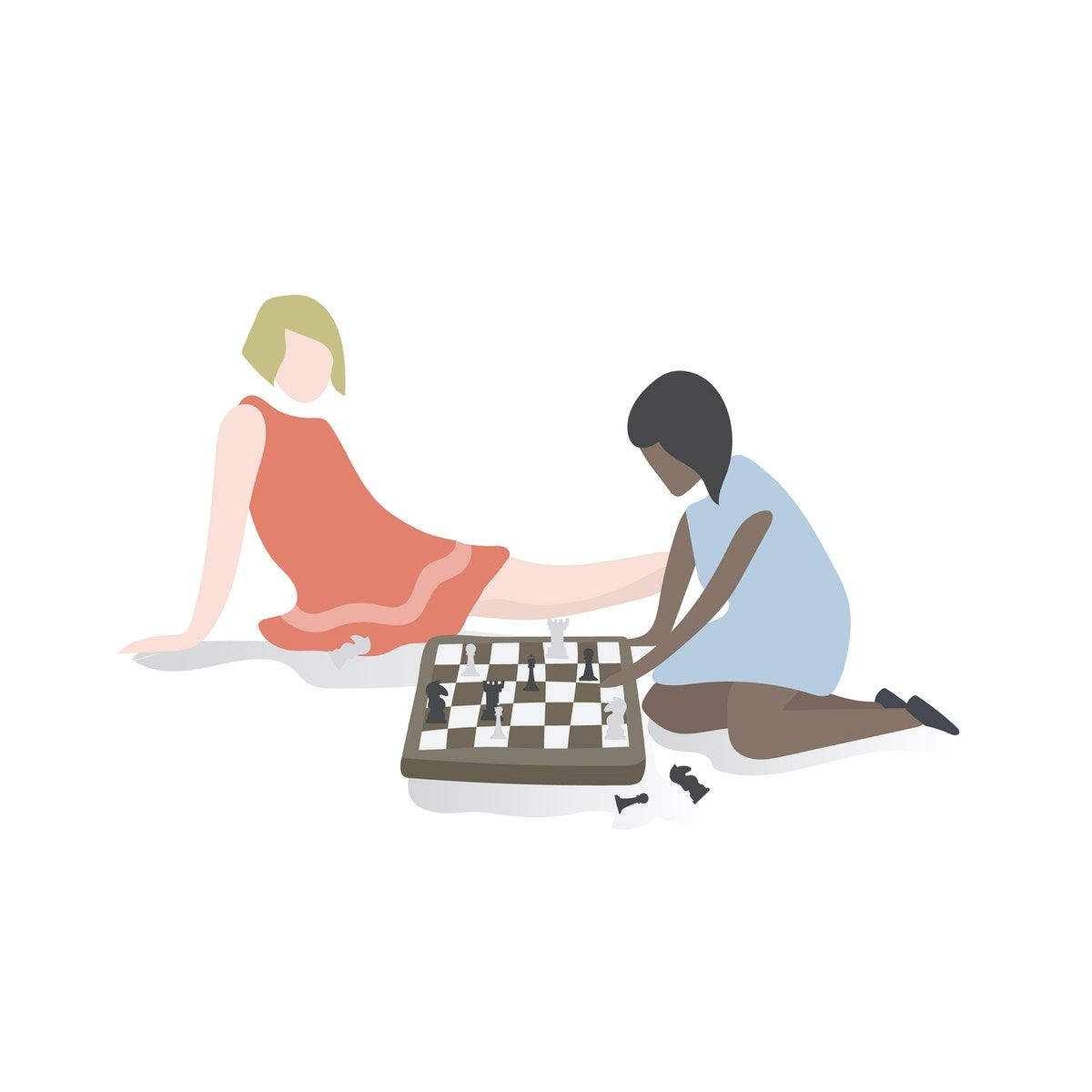Hello, readers. Seems like you rolled well enough to find this newsletter. I hope you all had a good week. Thanks to everyone who checked out the Spider and the City last week. I really appreciate it. More news at the end of the newsletter.
But for now, on with the show!
I. Perception Checks: Where Do You Draw “The Line”?

On his blog, Judd Karlmann wrote an open letter to Perception Checks. A lot of ink has been spilled on the sins of perception checks and the problem of ‘locking’ the story behind a dice roll. But what I love, love, love about Judd’s post is his three scenes where he outlines what he does instead. It’s so fun and so useful to have it illustrated like that. Highly recommended.
(Judd Karlmann also runs the Daydreaming about Dragons podcast which is short and full of really nice table techniques and inspiration for your games.)
Let me summarize his post for the sake of this one:
The situation is that Thiefy McRogue has broken into Joe BBEG’s office looking for plans. In all three situations, they first clarify if there are likely to be traps or not based on the story and the BBEG so far.
In situation one, there are traps. Thiefy rolls to avoid the traps, not to find the plans. Finding the plans is something that automatically happens. But as a consequence to failing to avoid the trap, the guards are alerted and there’s a cool rooftop chase sequence.
In situation two, there aren’t traps. Thiefy again finds the plans automatically. But the player still wants to feel about being good at investigation so they make a roll to see if they learn something that gives them a specific mechanical advantage when fighting the BBEG.
In situation three, there aren’t traps. Thiefy rolls investigation and fails. But they still find the plans. Failing the roll means the BBEG walks into the room and catches them in the act.
Some people might feel uncomfortable that in all three situations, the character always finds the plans. For Judd, the dramatic question was not “Will they find the plans?”, it was more like “Will they be able to break in and escape safely?”. And that’s very cool and something I need to do more often.
But one thing Judd doesn’t mention is the technique of turning the perception check into world-building. He does hint at the fact that players might find it immersion-breaking but I think that’s a question that you need to answer during a Session Zero, i.e. Where do you draw “the Line”?
‘The Line’ was a concept that probably existed before but I learned about from John Harper’s old blog. The Line is essentially the mark in the sand that divides “things that the character can make up” and “things that only the GM can make up”. (See: Authorial Privilege.)
In Apocalypse World, the players are in charge of their characters. What they say, what they do; what they feel, think, and believe; what they did in their past. The MC is in charge of the world: the environment, the NPCs, the weather, the psychic maelstrom.
Sometimes, the players say things that get very close to the line. Usually this happens when the MC asks a leading question.
MC: "Nero, what do the slave traders use for barter?"
Player: "Oh man, those fuckers? They use human ears."
That's a case of the player authoring part of the world outside their character, however -- and this is critical -- they do it from within their character's experience and frame of reference. When Nero answers that question, he's telling something he knows about the world.
Compare that exchange with this one, which is crossing the line:
MC: "Okay, Nero, so you get the box of barter away from the slave traders and haul into the back of the truck."
Player: "Cool. I open it up."
MC: "Okay. What do you see when you open it?"
Player: "Um... uh, a bunch of severed fingers?"
See the difference? In the first case, the MC is addressing the character and asking about some knowledge he has. In the second case, the MC is fully turning over authorship of the world in-the-moment to the player, which is not part of the player role in AW.
I think - based on the game you’re playing and the session zero you have with your players - you can choose to draw this line anywhere you want. And mid-campaign, you can talk about it and redraw the Line if you’d like.
What does a very different line from Judd’s example look like? Well like this:
Situation 4: Thiefy rolls perception to see if they can find the plans. If they succeed, the GM asks, “Okay, you find the plans. Tell me where they were hidden and how you managed to find them anyway.” If they fail, the GM says, “You’re looking for the plans but then before you can find it, you sense something is wrong. What is it?”
Or a Perception check can decide whether some thing is there to be found. Again, this is something that a lot of people aren’t comfortable with. But hey, I am, and you might be too!
Situation 5: Thiefy enters the office. GM rolls dice to see if there are traps or not. Thiefy rolls a perception check. If they succeed, they find the plans, no problem. If they fail, the GM says, “The plans aren’t here.”
Then to make it more interesting, don’t stop there. Either say “But… you find some evidence of where it could be. What is it?” Or “And… the door opens and Joe BBEG enters, grinning.”
Want a good way of discussing this with your players before you start your games? Check out the PSG Tool.
II. RPGs, Boardgames and “Cheating”

I was watching a talk recently from PAX about writing good rules. It was a good talk but I kept cringing through the whole thing because of something the speakers kept doing. They described not following the rules of a boardgame “cheating”. I love boardgames - but I like TTRPGs more. Primarily because I hate competing to win with my friends. It turns me into an asshole.
And then I thought, well, that’s a nice thing about RPGs. You can’t cheat in an RPG. I mean, you can’t even win in an RPG. And that’s one of the best things about this hobby.
(PS: I know that that you can cheat in a PvP situation. But I would declare this an exception that can be safely ignored.)
(PPS: I know that you can still be an asshole when playing RPGs but I’ve found that RPGs don’t exaggerate that characteristic in those people, they’re like that all the time.)
III. A Bite-Sized Choose Your Own Adventure Snack
Cross-promotion time! Geoffrey Golden writes a newsletter that sends a small CYOA-style piece of game-fiction to your inbox. Here’s an example:
#034 – Booze Ooze
This monster will reach the town if you don’t stop it right here, right now. You bravely leap head first at the giant, viscous cube before you, lunging at it with your Sword of Righteousness. As you do, you scream your signature battlecry, “This is a good ideaaaaaaa!”
With a loud SPLAT, you find yourself floating aimlessly inside the slime creature’s body. You may have underestimated your opponent. Being inside the gooey villain is like being underwater, except distressingly orange, and there are little air pockets bubbling inside. You open your mouth for a second and taste a bit of the monster’s mucus. To your surprise, it tastes good, like a very, very sweet berry wine. Could you drink your way out? Were all those boozy, lost nights in the alehouse actually training for this very moment?
What would you like to do?To drink your way out, roll a 20 sided die (real or virtual).
BONUS: Subscribe to Adventure Snack and add +5 to your roll. Turn your inbox into an adventure!
IV. Miscellaneous
Gene Wolfe’s Legend of the New Sun has gotten an official RPG but it’s only available in French right now.
Have you heard of AI Dungeon? There’s a detailed guide to learn how to use it to play TTRPGs.
Eigengrau’s Generator is a tool that generates towns, taverns, etc. The cool part is that it spits out entire paragraphs, all engagingly written.
Reddit thread of the week: What do you wish someone had told you when you first started role-playing?
Interview with some of the members of the stunning team of Black and POC creators behind Into the Motherlands, a new sci-fi actual play show.
Runica Games has made a game flowchart for players new to Powered by the Apocalypse games and I like it. More resources like this please!
V. Small Ads
This section contains sponsored links and advertisements.
Camp Pride is an award winning, simple, wholesome, nonviolent TTRPG about being at summer camp. Overcome challenges with friends and compete for the camp cup. Check it out for free.
These ads help keep this newsletter going and I’m very grateful for them!
If you’d like to advertise with the newsletter, the submission form with all the guidelines can be found here.
I sold more than 50 copies of my game last week and to celebrate, I really wanted to do something to make it easier to play. So I made a digital roller to generate the jobs and make the game much faster to play! If you haven’t checked it out the yet, please do!
Have a great week! @chaibypost signing off!
